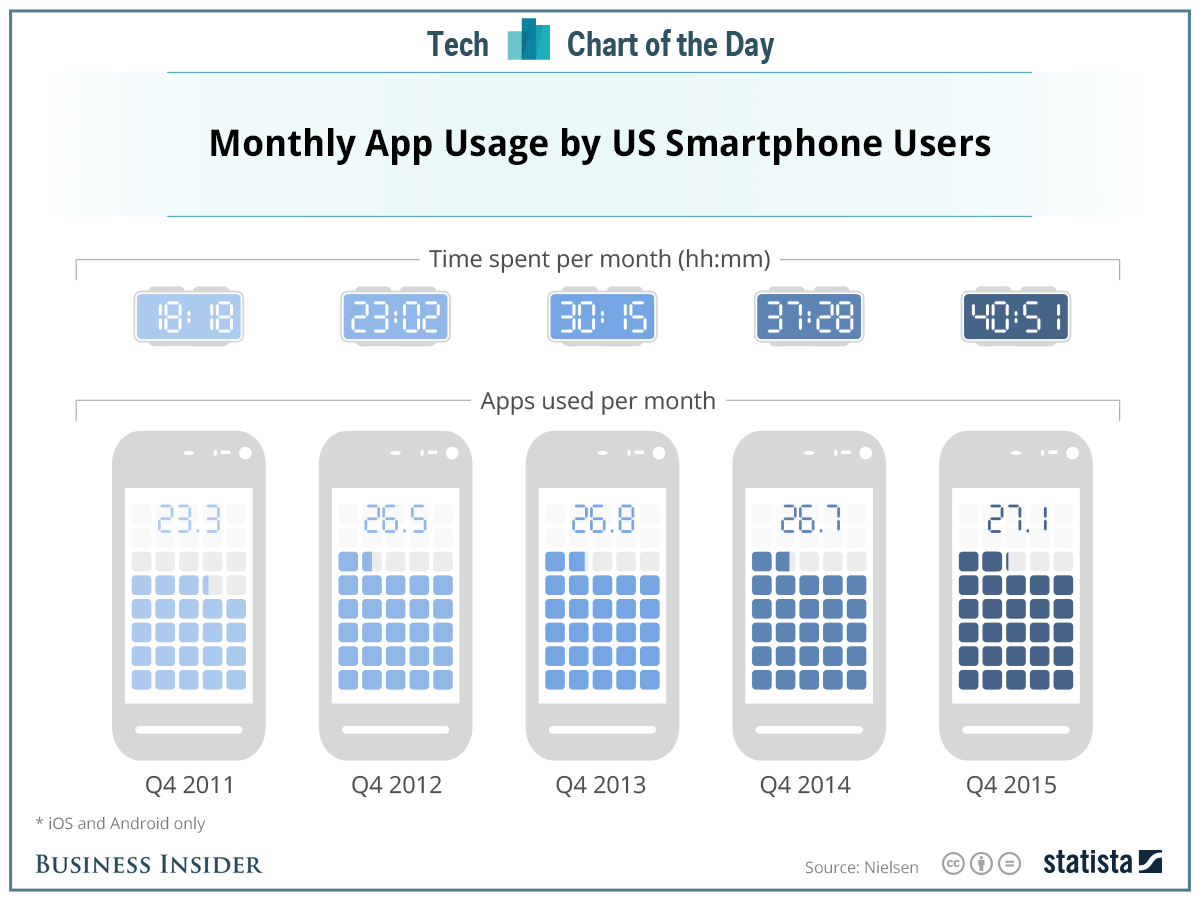The user interface is your voice
Earlier this week Trish McFarlane and I did an HR Happy Hour Show and podcast based on the always interesting and influential Internet Trends Report from KPCB. On that show, we talked about some of the trends and ideas identified in the report (demographics, generational changes, and more), but one of the report's major themes that we did not discuss was the increase in capability and use of voice as a primary technology interface. Think Siri, Amazon's Echo and the like.
The report spends a lot of time on this trend, (about 16 slides, almost 10% of the entire report), but I wanted to highlight just one of the slides, and then opine a bit about what this trend could imply for HR and workplace technologies going forward.
Here's the money slide from the KPCB deck on the growth and potential of voice interfaces, then some FREE comments from me:

Three quick takes on this chart and the voice interface trend overall...
1. As the chart above shows, accuracy of these systems in terms of their ability to correctly recognize and interpret speech commands and instructions has been growing rapidly. And as these tools get better and better, users will take advantage of them more and more. Why? Talking is easier (and much faster), than typing or clicking. And convenience - think about when you are in your car, or making dinner in your kitchen, or eating a salami sandwich, (ok, maybe that is just my use case). Either way, as capability improves so will usage rates.
2. While the primary use cases for voice interfaces and commands are largely personal, (these interfaces are primarily used for things like getting directions, making calls, sending texts, and the like), it is not a far stretch of the imagination to think that such a potentially widespread personal and consumer trend will work its way into workplace and organizational activities as well. Once your employees get used to using their voices to issue commands and requests for personal uses, it won't be long until they want to know why they can't navigate the online employee directory using voice, or ask the HRIS system to email them a PDF copy of their current benefits enrollments. Technology that takes hold of consumer consciousness almost always wants to enter the workplace as well.
3. Like wearable technologies like Google Glass and similar the initial workplace applications for voice interface technology might not be in so-called 'knowledge workers', but rather with front line and customer-facing workers like service techs, retail workers, or even in manufacturing and distribution. These are most likely the people that would benefit from increased computing capability that does not require them stopping what they are doing to manipulate a PC, table, or even a smart phone with their hands. We like to think that most tech advances benefit tech workers, but this might be a case where the best ROI comes from enabling field workers with the latest advances in tech.
I think it is very interesting times in the voice interface space, and I wonder how long it will be until we see the first important breakthroughs in this area in the HR and workplace tech space.
What say you?

 Steve
Steve

